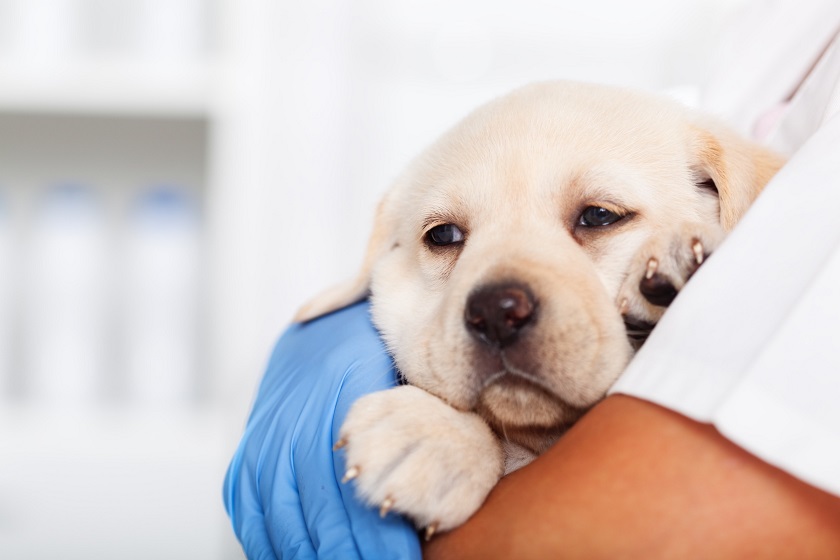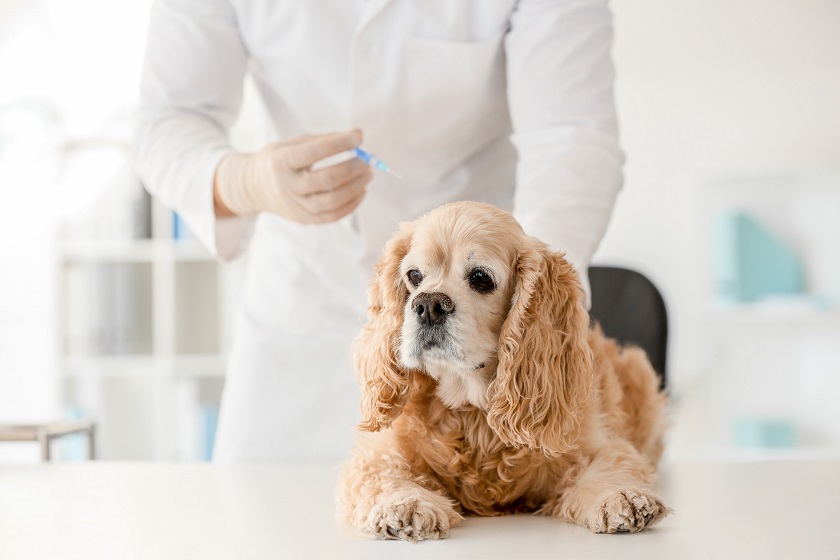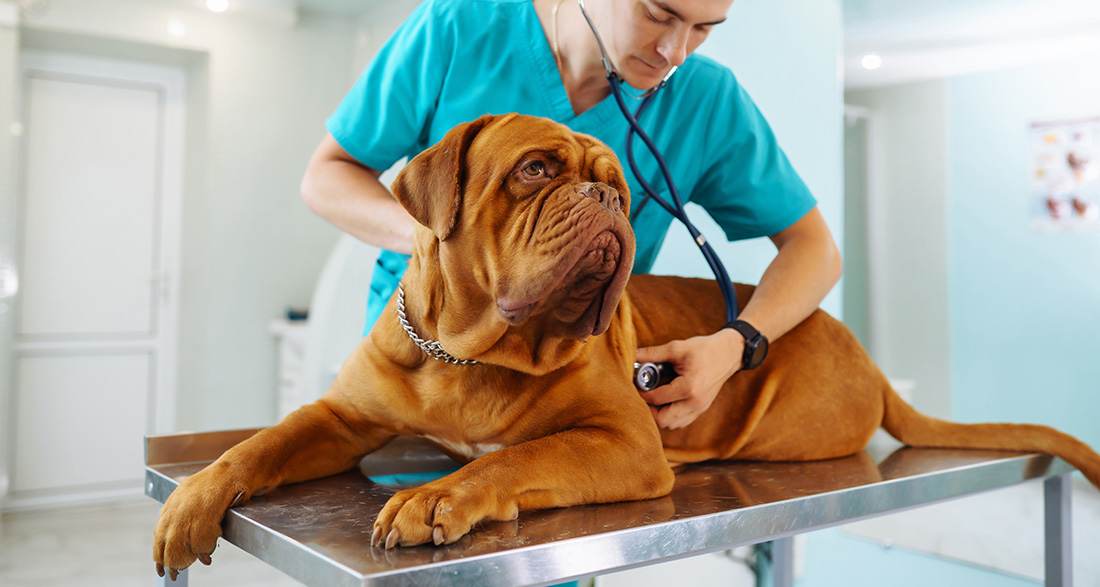Parvovirus, a silent threat to our loyal companions. Learn more about the signs, treatment, and prevention to protect your dog from this dreaded viral disease.
What is Parvo?
Parvovirus in dogs is a highly contagious disease caused by a virus, primarily affecting puppies and young animals. The Canine Parvovirus is the culprit behind this illness.
The virus targets cells with a high rate of division, especially those in the gastrointestinal tract and bone marrow, leading to a decrease in white blood cells and suppression of the immune response.
Parvovirus can be fatal, especially in unvaccinated puppies with a weakened immune system. Hence, it is crucial to consult a veterinarian as soon as symptoms of Parvovirus become apparent.

How is Parvovirus transmitted?
Parvovirus is extremely contagious. The Canine Parvovirus primarily spreads through direct contact with infected feces. Affected animals shed the virus in their feces over a period of several weeks to months, even when symptoms have subsided.
Since the virus can survive outside the host, it can spread through indirect contact with contaminated surfaces such as floors, food bowls, toys, or clothing, making transmission from one dog to another easy.
Is Parvo transmissible to humans?
The Canine Parvovirus is not transmissible to humans. Parvovirus is a canine-specific disease and poses no threat to humans.
Parvovirus Symptoms: How does Parvovirus manifest?
The clinical symptoms of Parvovirus in dogs can vary in intensity. However, a few days after infection, the following signs are commonly observed:
- Vomiting: Dogs affected by Parvovirus may vomit repeatedly, with vomit sometimes containing foam or blood.
- Diarrhea: Diarrhea is a frequent and characteristic symptom of Parvovirus. Diarrhea is often severe, liquid, occasionally bloody, and can result in damage to the intestinal wall.
- Loss of Appetite: Dogs with Parvovirus typically lose their appetite and refuse to eat.
- Lethargy: A dog infected with Parvovirus may appear weak, tired, and lethargic.
- Fever: Parvovirus can cause an increase in body temperature, manifested by fever in an infected dog.
- Dehydration: Due to persistent vomiting and severe diarrhea, dogs with Parvovirus can quickly become dehydrated. Signs of dehydration include dry and loss of elasticity in the skin and dry gums.
If you suspect your dog is showing symptoms of Parvovirus, seek immediate veterinary attention.
How is Parvovirus diagnosed?

A diagnosis of Parvovirus in dogs is made by the veterinarian.
Initially, a comprehensive clinical examination is conducted. Subsequently, a Parvovirus rapid test can be performed to detect the virus in the feces. The test provides results within minutes. Blood tests may also be conducted to determine the levels of white and red blood cells.
Treatment: How is Parvovirus treated?
Unfortunately, there is no specific therapy to remove the virus from the dog’s body. Therefore, the focus is primarily on treating the symptoms, preventing dehydration, and supporting the dog’s weakened immune system. The main treatment approaches include:
- Hospitalization: Dogs severely affected by Parvovirus may need to be admitted to a veterinary clinic for intensive care. This allows close monitoring of their condition, treatment of symptoms such as vomiting and diarrhea, and intravenous fluid therapy.
- Medications: Medications such as anti-vomiting and anti-diarrheal drugs may be prescribed to control symptoms.
- Nutrition: Parvovirus often leads to loss of appetite, but it is crucial to maintain proper nutrition to support the dog’s recovery. In some cases, feeding through a nasoesophageal tube may be necessary.
- Immune Support: Broad-spectrum antibiotics may be prescribed to control bacterial spread.
Is Parvo curable? Parvovirus survival chances

Veterinarians can be cautious about providing a prognosis. Adult dogs that contract Parvovirus can recover with appropriate treatment and care. However, in unvaccinated puppies with a weakened immune system, the disease can be fatal.
Survival chances depend on several factors, including the severity of the infection, the dog’s age, overall health, and the speed at which treatment is initiated. Early detection, prompt intensive therapy, and strict hygiene measures contribute significantly to improving survival chances.
The overall survival rate for intensively treated dogs is approximately between 50% and 70%.
Parvovirus Vaccination
To prevent your dog from contracting Parvovirus, vaccination is highly effective. Vaccination is the best preventive measure and plays a crucial role in reducing the incidence of the disease.
It is important to adhere to the vaccinations recommended by the veterinarian to ensure basic immunization and sufficient protection against Parvovirus. Puppies are typically vaccinated from the age of eight weeks, receiving booster shots every three to four weeks until the age of 16 weeks. Subsequently, annual booster vaccinations are recommended to maintain immunity.
Parvovirus in dogs is a highly serious and widespread viral disease, especially in puppies. For this reason, vaccination is strongly recommended from a very young age.


